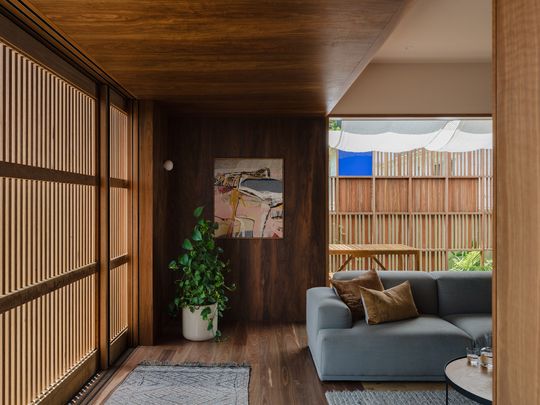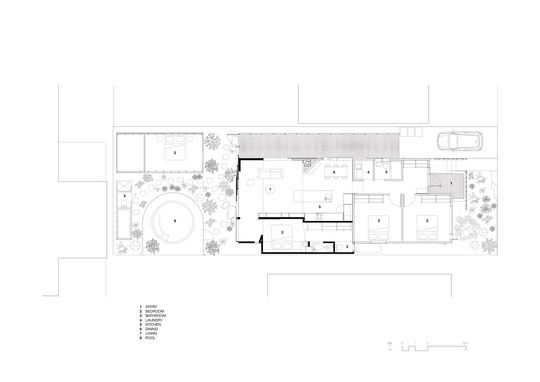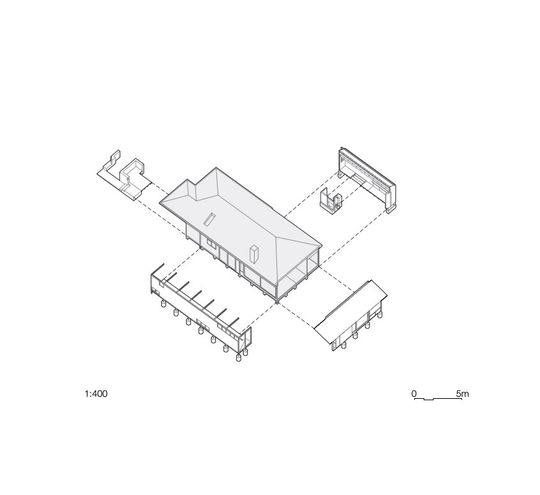When you think of a weatherboard cottage from the early twentieth century, what comes to mind? Perhaps a charming façade, but also the quirks of an old house—limited space at the back, poor connection with the surrounding environment, and a layout that doesn't quite match modern living needs.
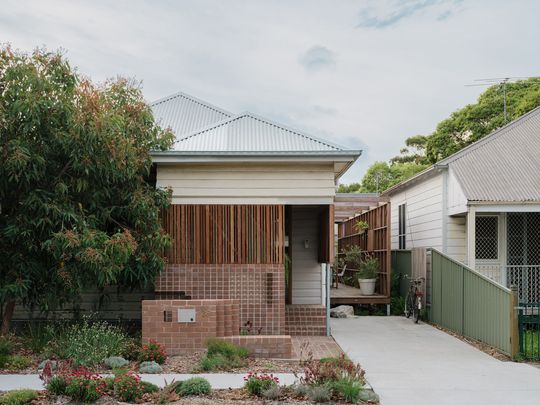
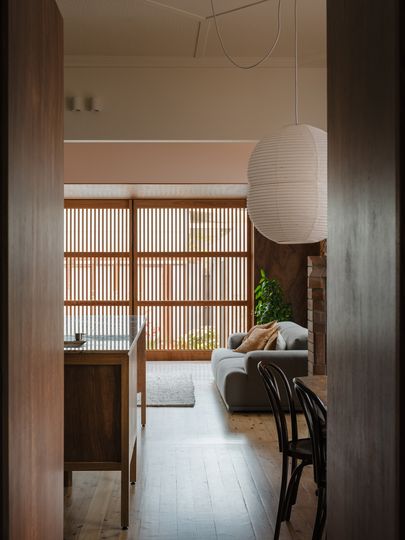
Enter Aru House, a stunning transformation by Curious Practice that breathes new life into one such cottage in Maryville, Australia. This isn't just a renovation—it's a thoughtful reimagining of what a home can be when it’s allowed to connect more deeply with its environment and the people who live in it.
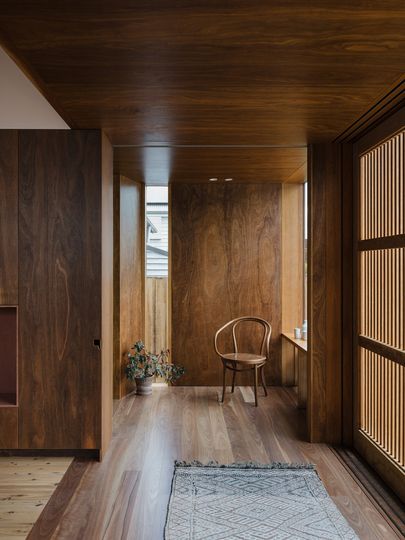
Aru House, named after the Awabakal word for "insect," is all about bringing out the best in an older home. The architects took this classic cottage and made some smart changes to help it interact more naturally with the outdoors. Instead of adding lots of extra space, they focused on making the existing space work better, adapting it to suit the changing seasons and the needs of its residents.
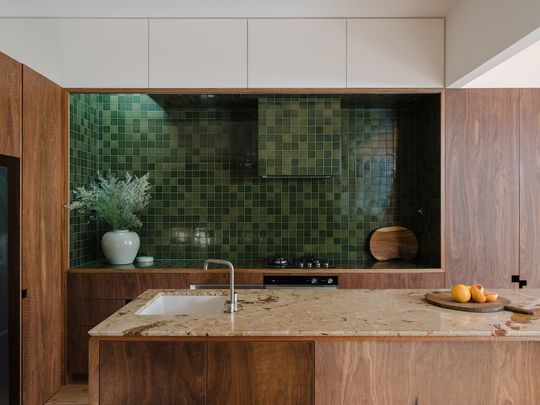
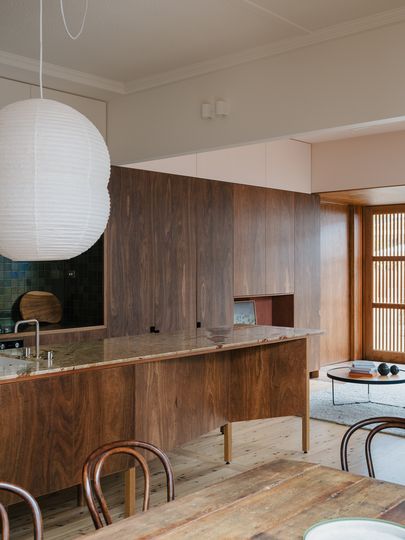
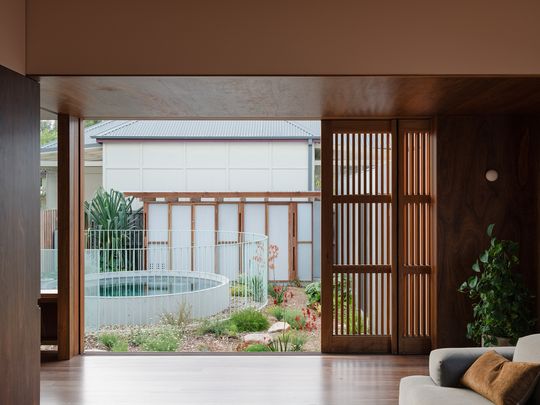
One of the key features of Aru House is its flexibility. The design includes adjustable windows and openings that can be changed to suit the weather. In summer, the house opens up, with living spaces that flow naturally into the garden. A new side deck extends the indoor areas, making the home feel much bigger. In winter, these spaces become cosy and sheltered, creating a comfortable retreat. This clever design means the house can adapt to different seasons without needing much more floor space.
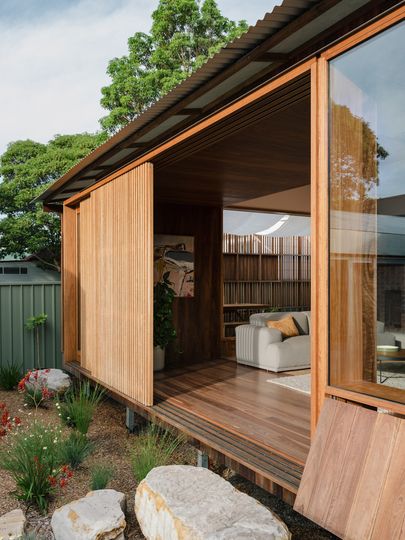
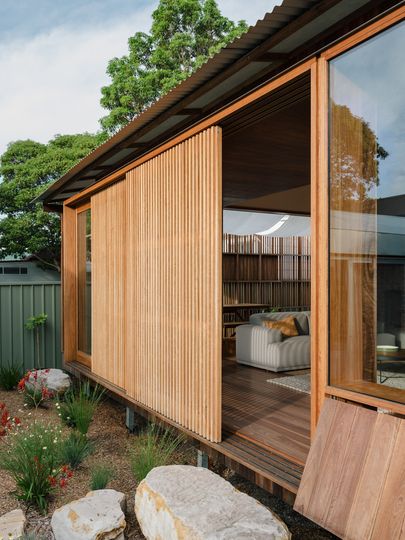
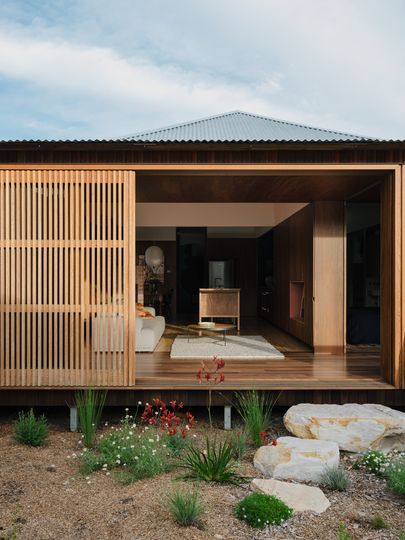
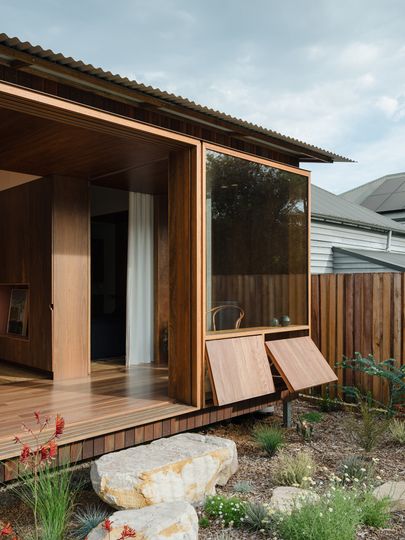
The architects also added a side extension for a study, bedroom, and bathroom, along with a rear extension that creates a versatile living area. This space connects the indoors with the outdoors using sliding screens made from spotted gum wood. These screens offer both protection from the elements and a sense of openness, showing how thoughtful design can create a home that feels generous and adaptable.
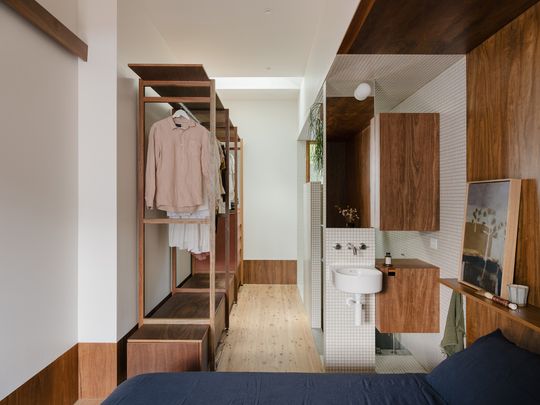
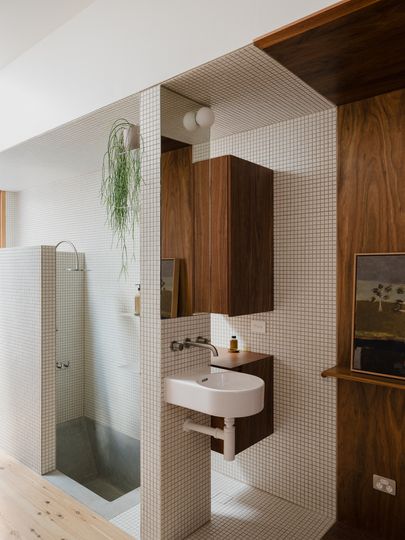
But the improvements to Aru House didn’t stop at the door. The architects made sure the house also contributes to the neighbourhood. They upgraded the front of the building and added features like a new porch, step, and even a public seat made from brickwork. They replaced the front lawn with native gardens, bringing colour and life to the street. These small changes show how a home can enhance its surroundings and benefit the community.
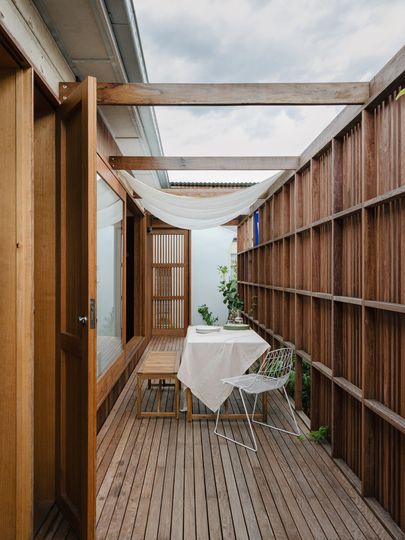
Craftsmanship played a big role in this project too. Curious Practice worked closely with skilled tradespeople to make sure every detail was just right, from the way materials were used to how light fills the rooms. The result is a home that feels carefully crafted and full of joy.
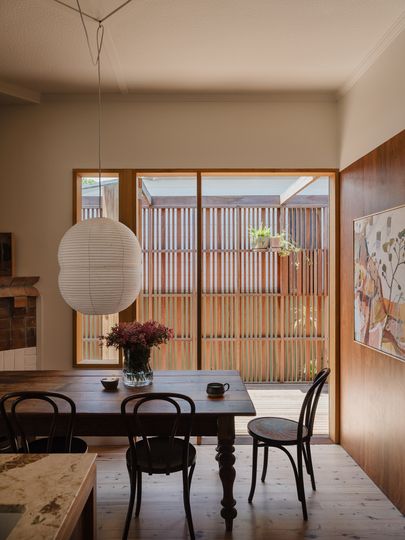
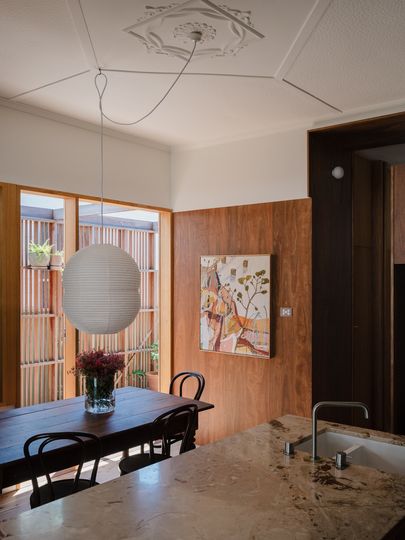
In the end, Aru House is more than just a renovation; it’s an example of how to cherish and improve our older homes. By thinking about how a house interacts with its environment and the people around it, we can create spaces that are not only beautiful and functional but also loved and respected as they grow older. Aru House shows us how small, thoughtful changes can make a big difference in how we live in and enjoy our homes.
